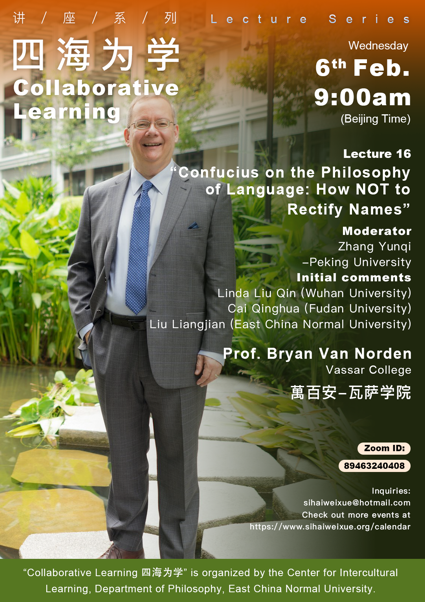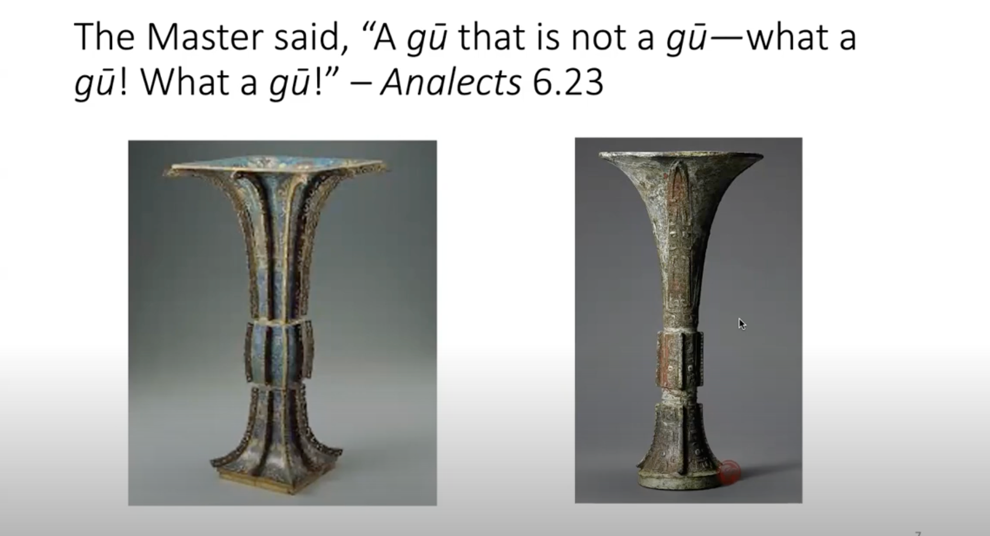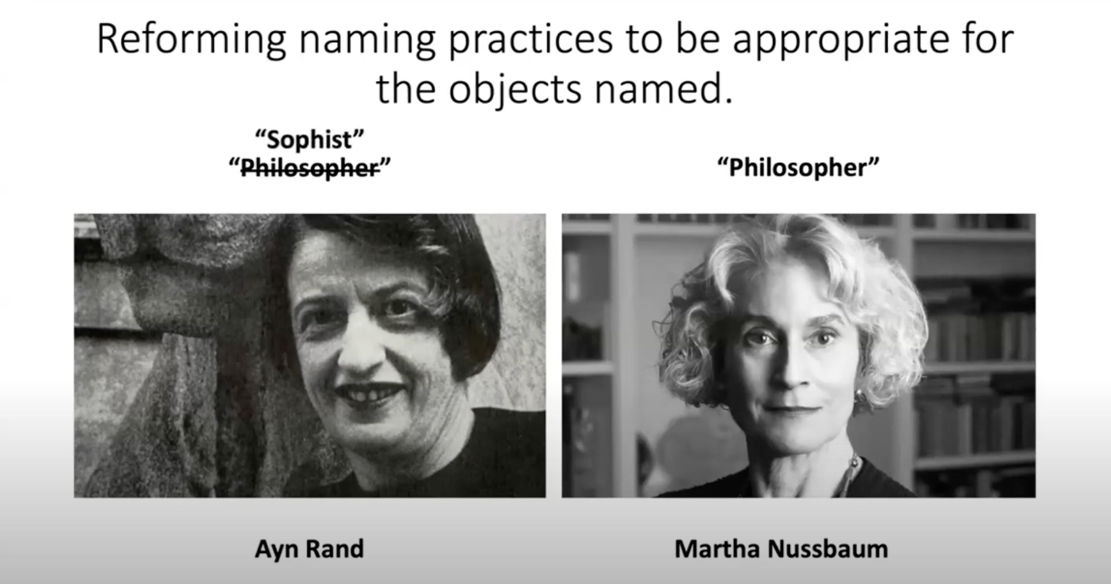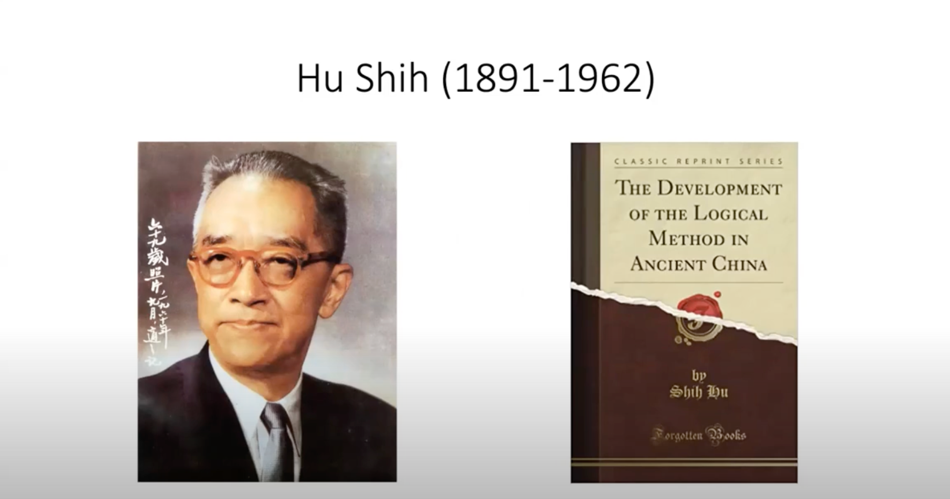On February 6, 2024, Bryan Van Norden, Professor of Philosophy at Vassar College, gave an online talk titled “Confucius on the Philosophy of Language: How NOT to Rectify Names.”Professor Van Norden's lecture offered a fresh perspective on the famous passage ofAnalects 13.3, which discusses the notion of “rectifying names.” This idea, often interpreted as advocating for appropriating names to correspond with objects and vice versa, has been widely regarded by contemporary academia as a central conception of theAnalects and Confucius' philosophy. However, Professor Van Norden challenged the prevailing trend of generalizing the concept of “rectifying names” and elevating it to a key notion in Confucius’ philosophy. He presented four theses to subvert the overemphasis on rectifying names.

First, he emphasized the context-sensitive nature of Confucius’ teachings and proposed a return to the original dramatic context of 13.3, which criticizes the misconduct of the royal family of the State of Wei. When considering the historical backdrop, Confucius is not offering a universal philosophical principle but rather pinpointing the crux of the political crisis of the State of Wei.

Second, Professor Van Norden cast doubt on the credibility of the 13.3 text, suggesting that 13.3 exhibits tendencies similar to those of the Xunzian school and could possibly have been added by them. Furthermore, outside of 13.3, other instances of the term “names
” in theAnalects often connote fame rather than the general concept of names, further raising questions about the credibility of 13.3.

Third, Professor Van Norden questioned the theoretical rationale behind the tendency to generalize and elevate the concept of “rectifying names” by examining the early development of the field of Chinese philosophy. He proposed that pioneers in the modern discipline of Chinese philosophy, such as Hu Shih and Fung Yulan, might have projected onto theAnalects a concern inspired by the philosophy of language that they encountered in America, a concern not present in theAnalects itself.

Last but not the least, by reexamining the passages that were once used to discuss “rectifying names” as a general key conception and looking at how they were interpreted in traditional commentaries, Professor Van Norden suggests that these passages were not really discussing the rectification of names.
Report by张云起(北京大学)
Edited by Henry Allen